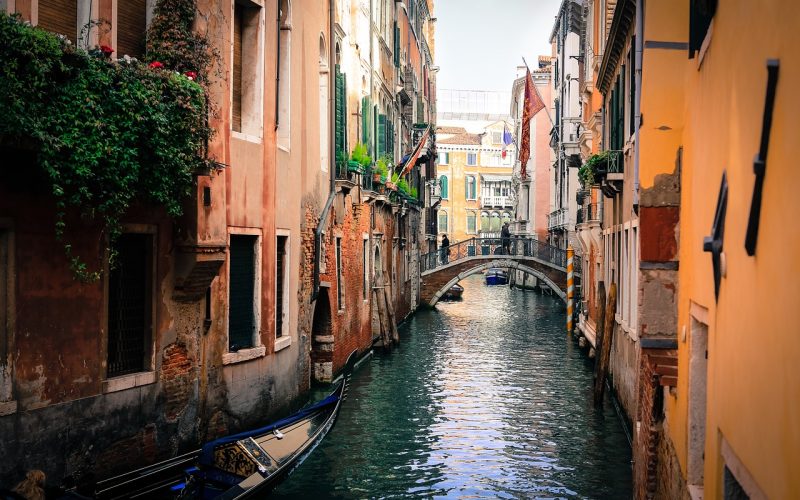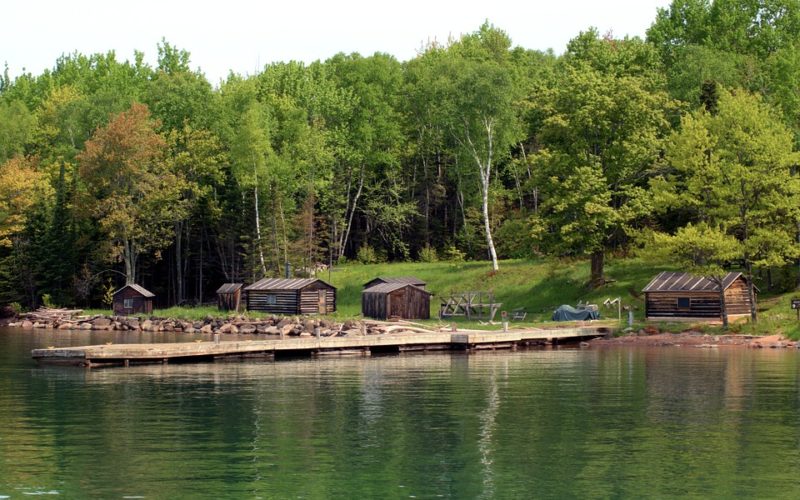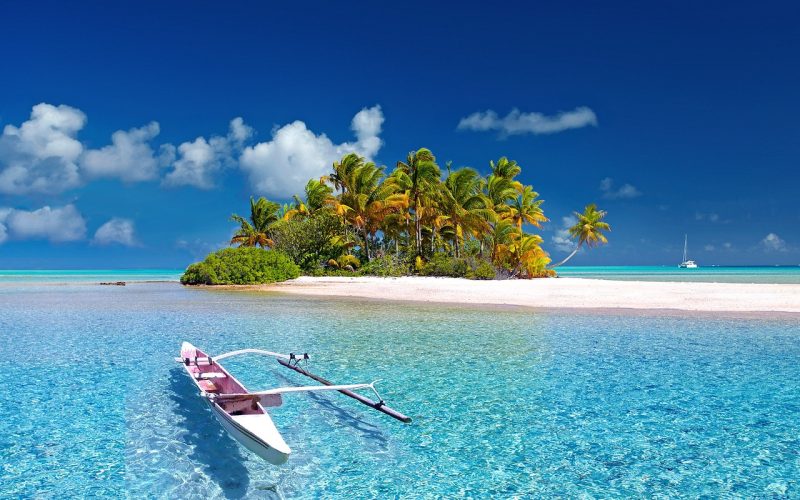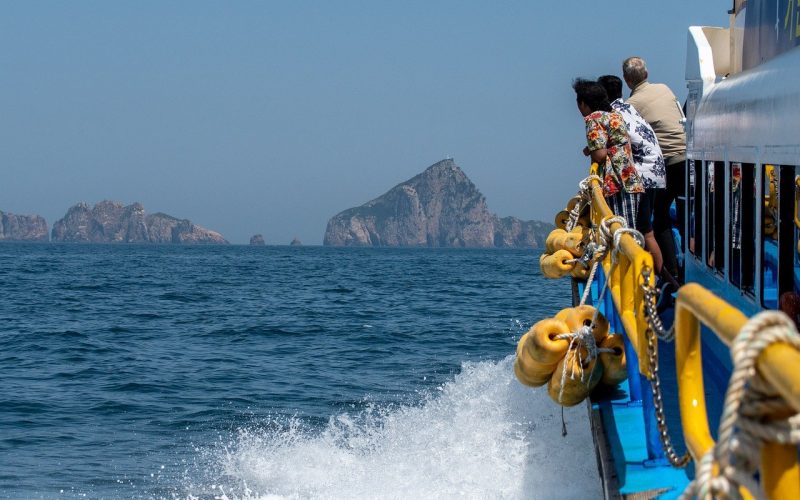Sound Of Crashing Waves
Living on a remote island, often dreamt about while staring into the office computer screen or during long, drawn-out meetings, may seem like a distant fantasy reserved for the pages of a novel or the rich and famous.
Yet, this dream can become a tangible reality with careful planning, determination, and a willingness to adapt. The thought of waking up to the sound of waves crashing onto the shore, having the privilege of witnessing unrivalled sunsets from your doorstep, and living a life that many would envy is alluring.
However, transitioning from a fast-paced urban environment to the tranquil surroundings of a remote island requires a significant shift in lifestyle and mindset.
Postcard perfect setting
One of the most enticing aspects of island living is the unparalleled connection to nature it offers.
Remote islands typically boast pristine environments, untouched by the heavy hand of industrial development. Residents have the luxury of living in a postcard-perfect setting year-round, with access to secluded beaches, lush forests, and an abundance of wildlife.
This close proximity to nature not only provides a serene backdrop for daily life but also promotes a healthier lifestyle, encouraging outdoor activities such as swimming, hiking, and kayaking.
Feelings of loneliness and detachment
However, living in paradise comes with its own set of challenges. One of the primary concerns is the issue of accessibility. Remote islands are often not as easily reachable as one might hope, making travel to and from the mainland for essentials, emergencies, or social visits a logistical challenge.
This isolation can lead to feelings of loneliness and detachment, particularly for those who are used to having family and friends within close proximity.
Limited access to healthcare
Another consideration is the limitation of amenities and services that most of us take for granted. While the idea of disconnecting from the chaotic world sounds appealing, the reality of limited access to healthcare, education, and even basic groceries can pose significant inconveniences.
Residents of remote islands often have to plan meticulously, stocking up on supplies infrequently or adapting to a more self-sufficient lifestyle, which might include growing their own food or sourcing fresh water.
Participating in the local economy
Economically, the dream of island living may also necessitate a re-evaluation of one's career and income sources.
Traditional 9-5 jobs may no longer be feasible, prompting a shift towards remote work, entrepreneurship, or even participating in the local economy, which might be centred around tourism or fishing.
This adjustment offers a unique opportunity for personal and professional growth but requires a strong sense of initiative and self-reliance.
A network of friendships
On the flip side, the social fabric of island communities offers a unique advantage. The small population size fosters a close-knit community atmosphere, where everyone knows each other, and there's an inherent sense of belonging and mutual support.
For many, this tight-knit community becomes a new family, providing a network of friendships and relationships that enrich the island living experience.
The dream of island living
Making the leap to live on a remote island is a decision that shouldn't be taken lightly. It requires thorough preparation, a spirit of adventure, and a willingness to face the inevitable challenges head-on. However, for those who dare to make this life-altering move, the rewards—peace, natural beauty, a simpler way of life—can far outweigh the drawbacks.
The dream of island living, with all its complexities and joys, is indeed a possibility for those willing to pursue it with an open heart and a resilient mind.












